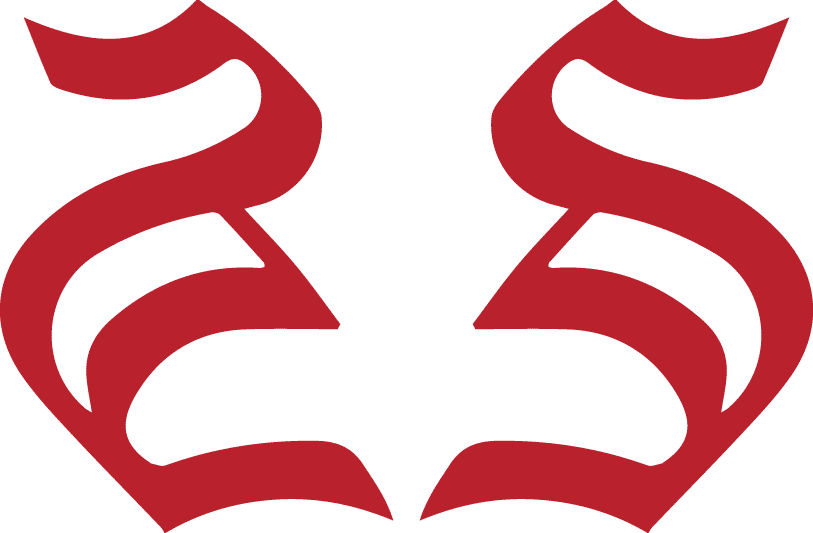Your HVAC system is one of those unsung heroes in your home. When it’s working well, you hardly notice. When it starts to falter, it becomes a big problem. Your HVAC system is responsible for keeping your home comfortable, no matter the temperature. If you find that your home is too cold in the winter and too warm in the summer, it’s probably time for some HVAC maintenance. Knowing whether to repair or replace your HVAC when it’s malfunctioning is important. This can involve a professional evaluation and some checks you can do, too. Always check with a trusted pro before you decide to repair or replace your HVAC unit to save time and money. But here are some general tips for how to know whether you can give your HVAC unit a tune-up, or it’s time to get a new unit altogether.

Well-maintained A/C units will work better, longer. Image: Shutterstock/Christian Delbert
Repair your HVAC if:
- It’s less than 10 years old. Consider the age of your HVAC when deciding to repair or replace. The National Association of Home Builders estimates that the average lifespan of an HVAC system should be between 10-15 years. Of course, that’s not to say that an HVAC system can’t fail before then, but if yours is less than 10 years old, it’s probably cheaper to have it repaired than to buy a new one. Whatever’s wrong with your HVAC should be a minor fix unless it’s over 10 years old.
- You’ve checked the ductwork. A lot of HVAC issues don’t have to do with the unit, but the duct work. In fact, 10 to 30 percent of the air leaks out before it even gets to your home, so a check of the ductwork can save you big bucks. Having a professional check your ducts and seal any gaps for around $50 can make your HVAC will run more efficiently with a relatively cheap fix.
- You’ve performed regular maintenance. If you’ve had your HVAC system checked and maintained over the years, you shouldn’t have any major problems. Simply clearing your unit of debris, dust, and dirt, and having regular tune-ups should save you from major problems like failure or inefficiency. Make HVAC maintenance part of your spring and fall checklists and you’ll save time and money.
(function(w,d,u,s) {
var ifr=d.createElement(‘iframe’);var itr=0;var inv;
function doBuild(){ifr.style.border=’none’;ifr.style.outline=’none’;ifr.style.width=’100%’;ifr.style.height=’600px’;
ifr.src=u+’?p=’+encodeURI(w.location.href);var ift=d.querySelector(s);ift.appendChild(ifr)}
function rH(m){if(isNaN(parseInt(m.data.useHeight,10))){return}
ifr.style.height=(m.data.useHeight+25)+’px’}
w.addEventListener(‘message’,rH,!1);inv=w.setInterval(function(){if(d.querySelector(s)&&itr 100){w.clearInterval(inv)}
itr++},200)
}(window, document, ‘//www.trane.com/residential/en/iframe/form-secondary/’, ‘#TRN-inject’));

Can’t keep cool? It might be time to replace. Image: Shutterstock/JR-Stock
Replace your HVAC if:
- It’s more than 15 years old. Once your HVAC system is nearing its 15th birthday, it’s also nearing the end of its lifespan. Sure, you could fix whatever’s causing it to malfunction, but chances are that you’ll just have another issue crop up next season. The components in your HVAC start to age and malfunction, which means it might be cheaper to just replace the unit than to pay for repairs year after year. A new unit usually costs anywhere from $5,ooo to $7,00o. It’s a big investment, sure, but it also means a new, more efficient unit.
- You notice higher energy bills. Feel like you’re suddenly paying more for heating and air? If you get sticker shock every time you open your heating and cooling bills, it might be your HVAC’s fault. As systems age, they simply become less efficient. That means your HVAC is working overtime to heat and cool your home, which means it costs more to run. Calculate out how much extra you’re paying in energy bills and you’ll probably find it’s less expensive to get a new unit.
- Your unit isn’t doing its job. If you notice that some of the rooms in your house are never as comfortable as they should be, it could be an inefficient HVAC unit. If it’s malfunctioning or aging, it means it can’t keep up with the demands of your home. In the summer, some rooms feel hot or you notice that the unit is running day and night to keep you cool. In the winter, you might notice that you’re always cold or constantly cranking up your thermostat. Keep comfortable by installing a newer, more efficient unit and your home will be more comfortable.
Financial tip: when to repair or replace
Still undecided? Knowing whether to repair or replace your HVAC unit comes down to cost. An easy calculation to make if you’re not sure is to get an estimate for HVAC repair. Then, multiply that number by the age of your system in years. If you get an estimate for $385 and your unit is 12 years old, you get a number of $4,680. Check that against the price of a completely new unit. If it’s more than the cost of a new unit, replace it. If it’s less, you can probably get by with just repairing the system.
Still have questions? Talk to an expert
Your best option is to consult a local HVAC professional for their opinion. Your HVAC system might not be the most exciting part of your home, but it might be what makes the biggest difference in your comfort levels. Take good care of your HVAC with regular maintenance and it’ll be easier to tell when to repair or replace the workhorse of your home.

Why Isn’t My Air Conditioner Working?
Keeping Cool: How to Choose the Right A/C Unit
HVAC Basics: What’s a Good SEER Rating?
Building Your Energy-Efficient Dream Home
Clever Ways to Hide an Ugly HVAC Unit

The post Should You Repair or Replace Your Home’s HVAC Unit? appeared first on Freshome.com.

